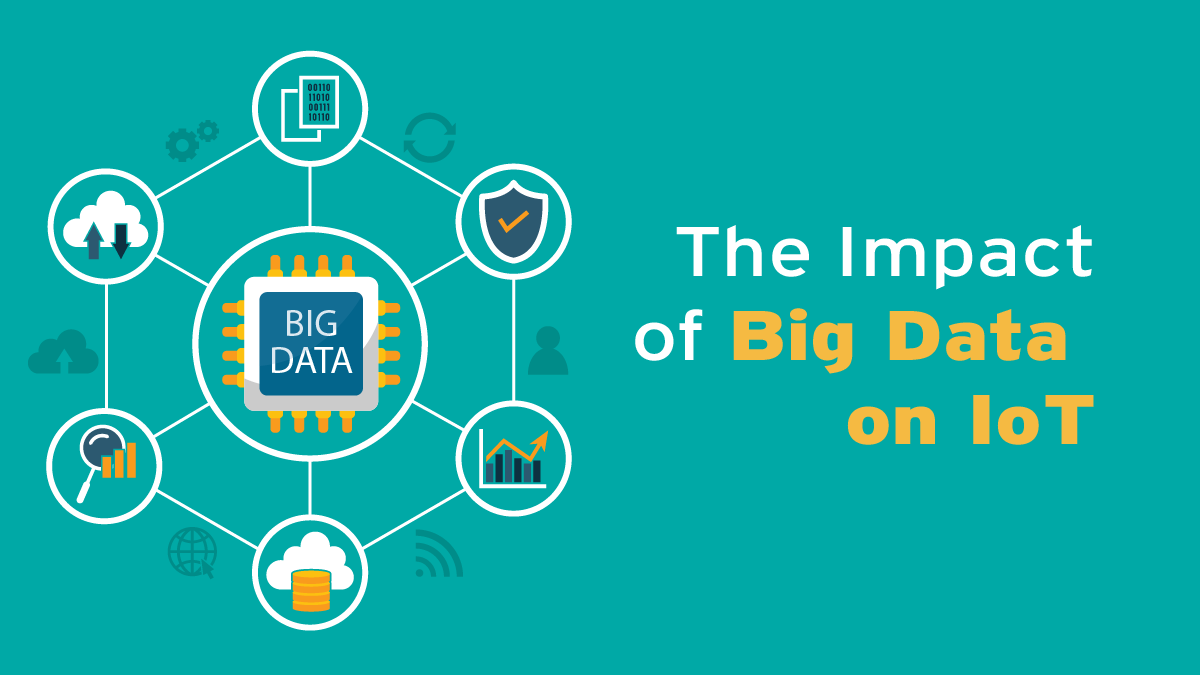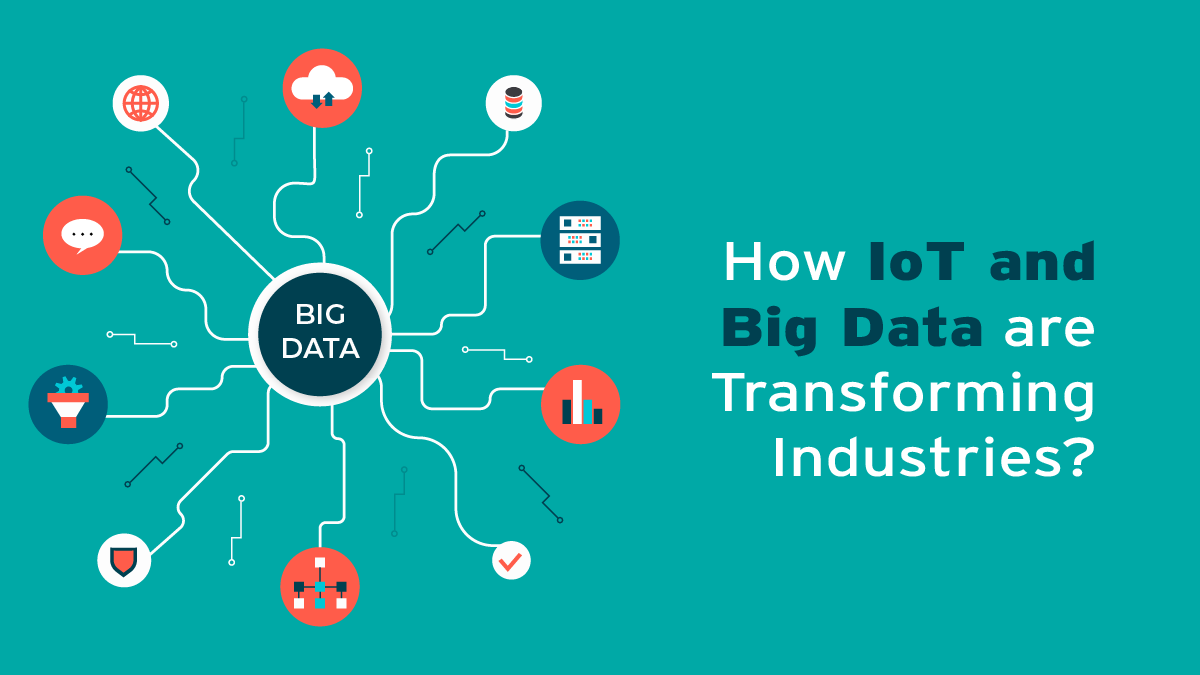The recent COVID-19 pandemic has forced organizations to accelerate their digital transformation initiatives and optimize their current operations. There are various cutting-edge technologies that help organizations to digitally transform their end-to-end operations. Big data, artificial intelligence (AI), machine learning, cloud platforms, Industry 4.0, Internet of Things (IoT), intelligent automation, and advanced analytics are a few smart technologies that businesses are exploring to enhance their operations.
These smart technologies have the capability to improve the productivity of the organization’s legacy operations. The adoption of next-generation technologies helps businesses to create digitally-enabled business models, assist enhance operation efficiency and workforce productivity, and deliver digital customer experience. IoT and big data are the key smart technologies that are acting as catalysts for establishing new processes and ensuring business continuity in the modern era. In this blog, let us have a look at how they impact each other and industries that are being transformed by leveraging this technology.
The Impact of Big Data on IoT
IoT influences Big Data by evolving the scope and nature of data gathering, processing, and evaluation. Big data analytics plays a vital role in making the most of IoT technologies and their applications. It offers the computational power and analytical capabilities required to gather valuable insights from the huge sets of data created by IoT devices. Enterprises can use these vast data sets to enhance processes, improve decision-making, and forecast future trends.
Following are a few ways big data impacts IoT:
1. Higher Data Volume
IoT devices continuously create a vast amount of data. It significantly contributes to the overall volume of big data. The IoT ecosystem is growing continually as more devices get connected to it. This results in an increasing volume of data produced. This approach opens opportunities for enhanced data evaluation and insights. However, it poses challenges for data storage and management.
2. Produces a Variety of Data
IoT systems gather various data types, from industrial machines’ numerical information to audio and video data stored in smart security systems. This variety of data makes it complex to process and analyze data. It needs more cutting-edge technology and strategies to ensure efficient data integration and processing.
3. Allows Real-Time Data Analytics
IoT solutions, particularly IoT systems integrated with 5G technology, usually transfer data in real time. This high volume of data gathered means that big data analytics tools should have the ability to process information in no time and extract valuable information from it. This is essential for applications that need real-time data analysis. For example, in real-time traffic monitoring and in emergency response systems, these tools are highly effective.
Also Read: Optimizing Your Supply Chain: Essential Logistics Management Techniques
How IoT and Big Data are Transforming Industries?
The amalgamation of IoT and big data is revolutionizing multiple industries significantly by enhancing efficiency, customization, and decision-making. Here are some of the various sectors that are being transformed with the integration of big data and IoT technologies.
1. Smart Cities
The integration of IoT and big data can be beneficial for the adoption of smart cities. For example, traffic management systems use data gathered from sensors to immediately adjust the traffic lights. It is an effective approach to minimize traffic congestion. At the same time, smart grids with data analytics in IoT use energy consumption information to fine-tune the distribution of electricity, thereby supporting sustainability goals. In the end, waste management systems that can make data-driven decisions can improve collection routes and schedules to contribute to cleaner and more livable cities.
2. Healthcare
The adoption of IoT devices and big data in the healthcare sector improves patient care and overall operational efficiency. Wearable health devices and remote monitoring devices constantly collect health data to proactively manage conditions and intervene early. Evaluating data enables healthcare professionals to customize treatments based on the patient’s needs and enhance the treatment outcomes. In addition, data analytics helps streamline processes within healthcare facilities to ensure the resources are utilized efficiently and improve the patient experience.
3. Manufacturing
Manufacturing is one of the sectors that has been significantly transformed by the integration of IoT and big data. Machines integrated with sensors track the operational status in real time enabling decision-makers to detect issues early, which can lead to downtime. This predictive maintenance approach keeps the production lines operating seamlessly. IoT technologies make supply chain processes more transparent by tracking the movement of the products in real-time and ensuring timely delivery. Big data analytics helps with demand predictions, which enables production companies to adjust production schedules to reduce waste and enhance efficiency.
Conclusion
Business leaders are exploring the complex landscape of IoT and big data to understand their impact on business techniques and operations. Integration of these technologies allows organizations to use the data gathered in real-time to make informed decisions and optimize their operational efficiency. This strategy standardizes industry norms and practices, enabling organizations to be more agile and interconnected and prioritizing smart use of data and analytics.




